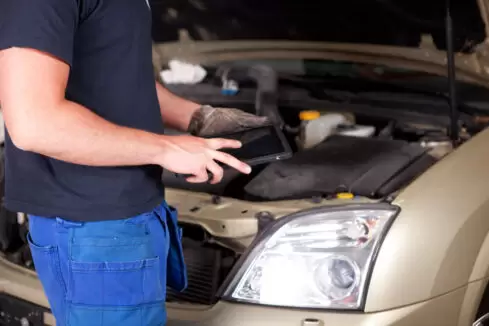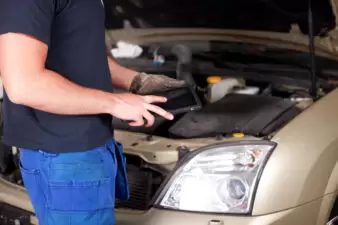
Regular car maintenance is crucial to the longevity and performance of your vehicle. When you skip out on oil changes or brake inspections, you’re increasing the chances of your vehicle failing and becoming unsafe.
Whether you’re driving a new car or an older model, understanding the importance of regular check-ups and servicing can save you headaches down the literal road. Here are 10 essential car maintenance tasks that you should never skip.
1. Oil Changes
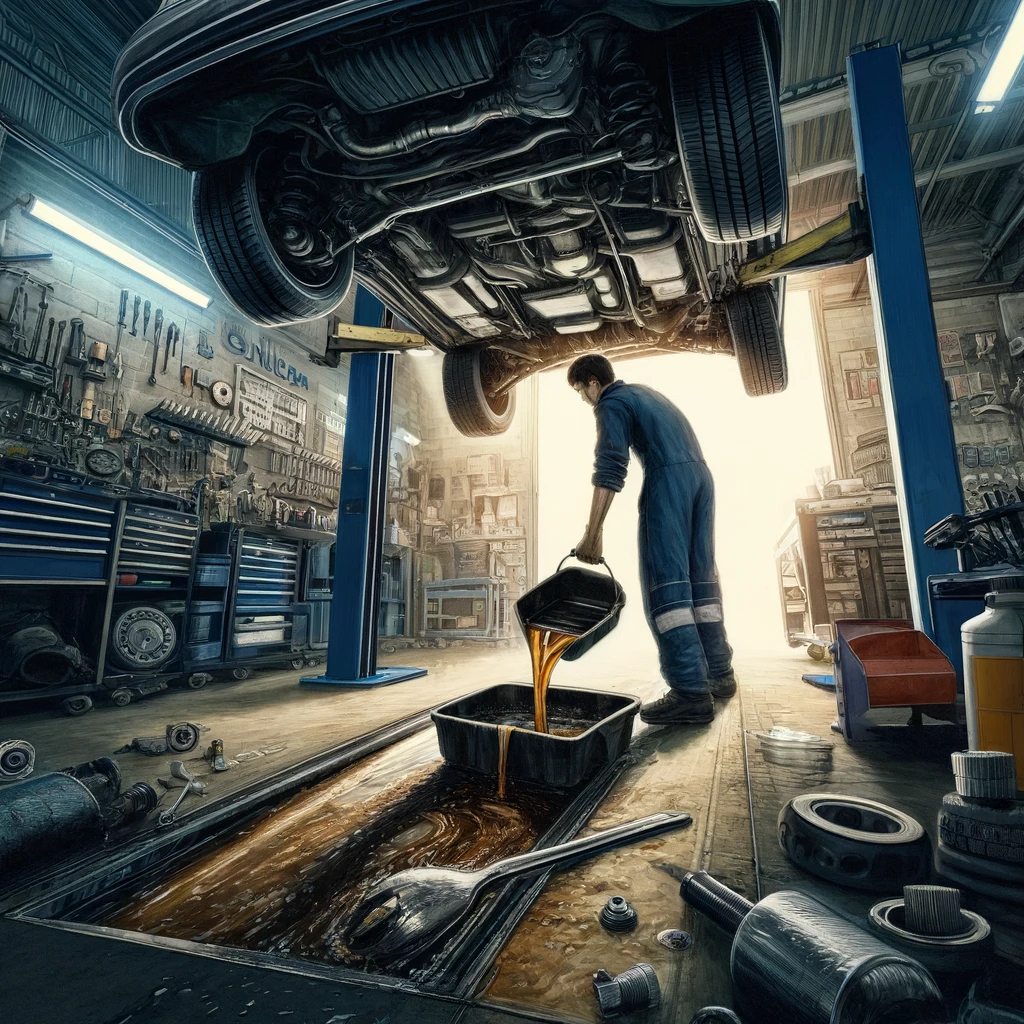
One of the most basic car maintenance tasks is getting regular oil changes every 3,000 to 5,000 miles. Oil lubricates the engine, preventing excessive wear caused by friction. The oil also keeps the engine cool and prevents overheating. Skipping oil changes can lead to a buildup of sludge and debris, which can damage engine components and lead to costly repairs.
2. Tire Rotation
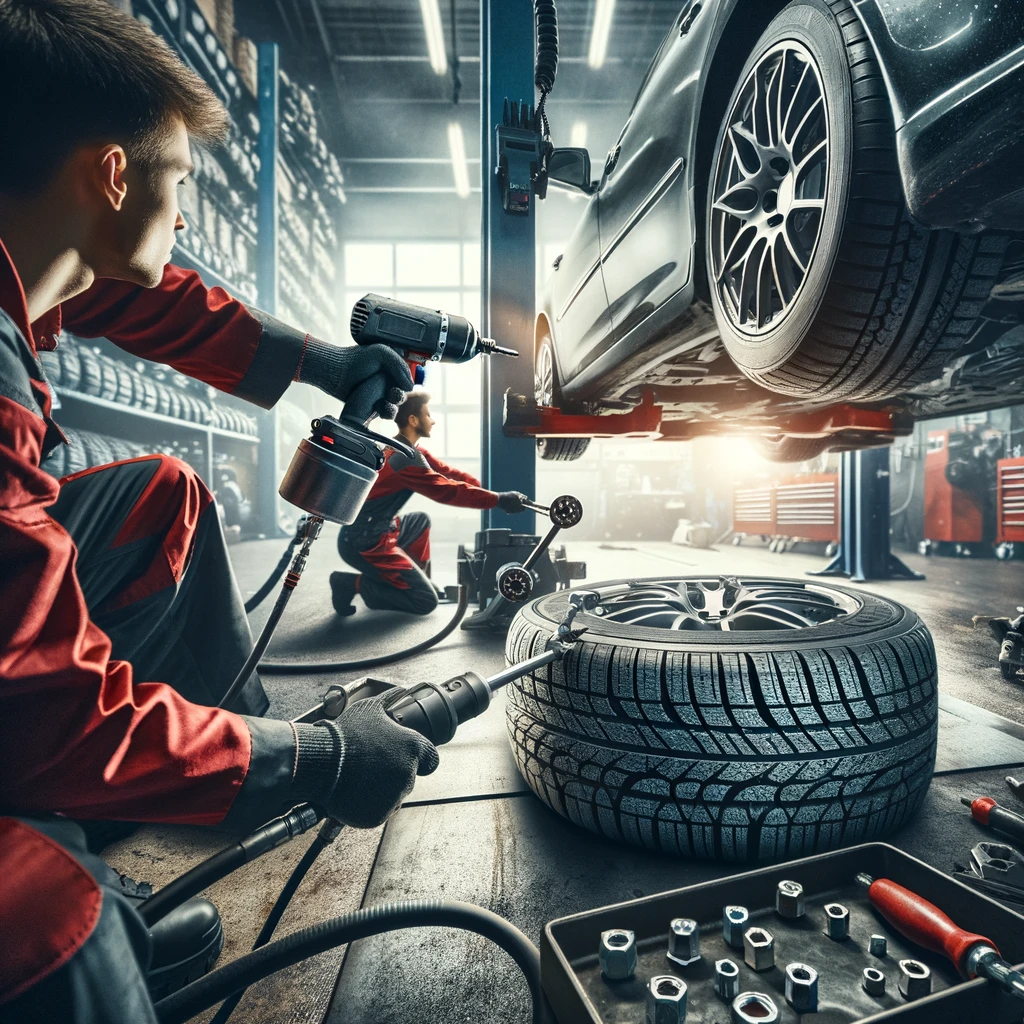
Tire rotation involves moving tires to different positions on the vehicle to ensure even wear. Neglecting to do so can lead to premature tire wear, poor traction, and potentially a blowout. Blowouts are dangerous, especially when you’re on a busy highway or traveling long distances. Regular tire rotations improve road grip and fuel efficiency, and maximize the lifespan of your tires.
3. Brake Inspections
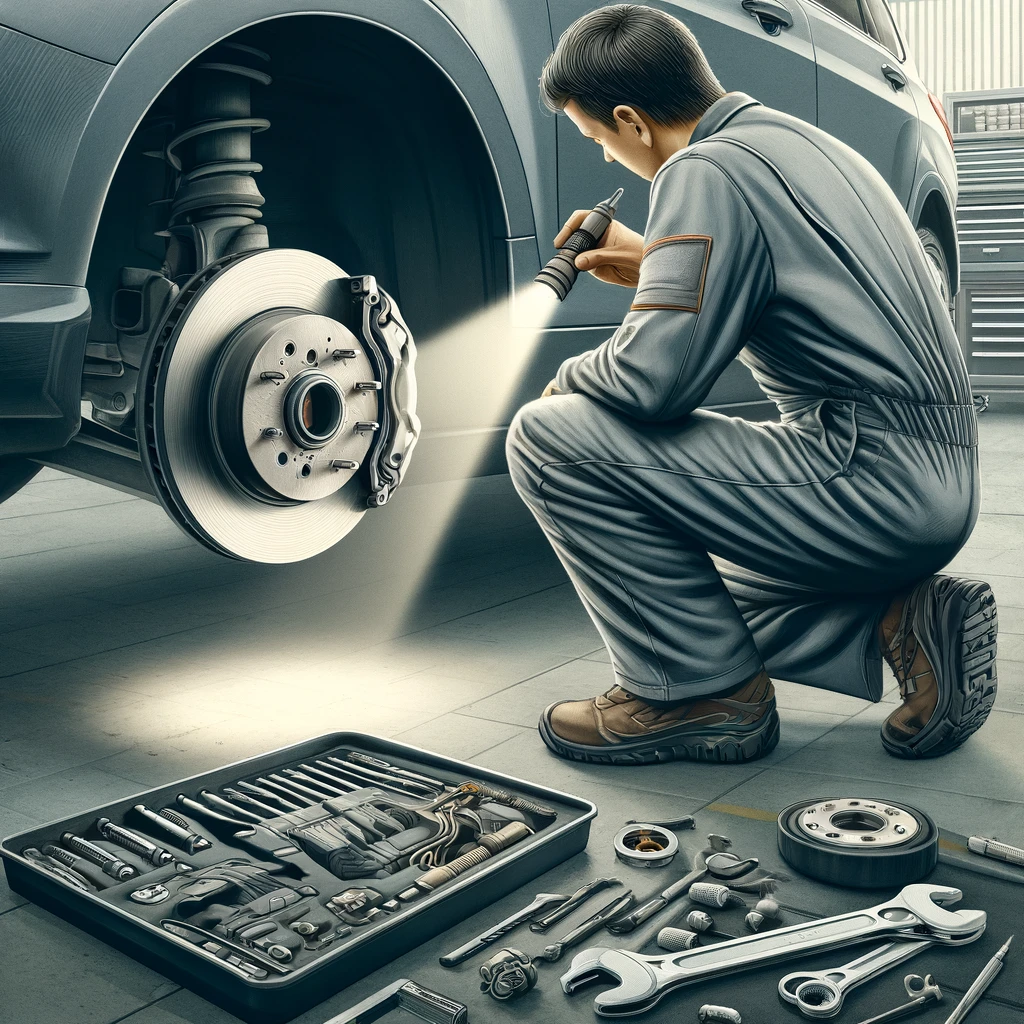
Brakes are critical for safety. Their failure can put you at risk for serious accidents, leading to injury and even death. To avoid any problems, be sure that you’re getting regular brake inspections from a professional. They can identify worn pads or discs, ensuring reliable performance, especially in emergencies.
4. Battery Checks
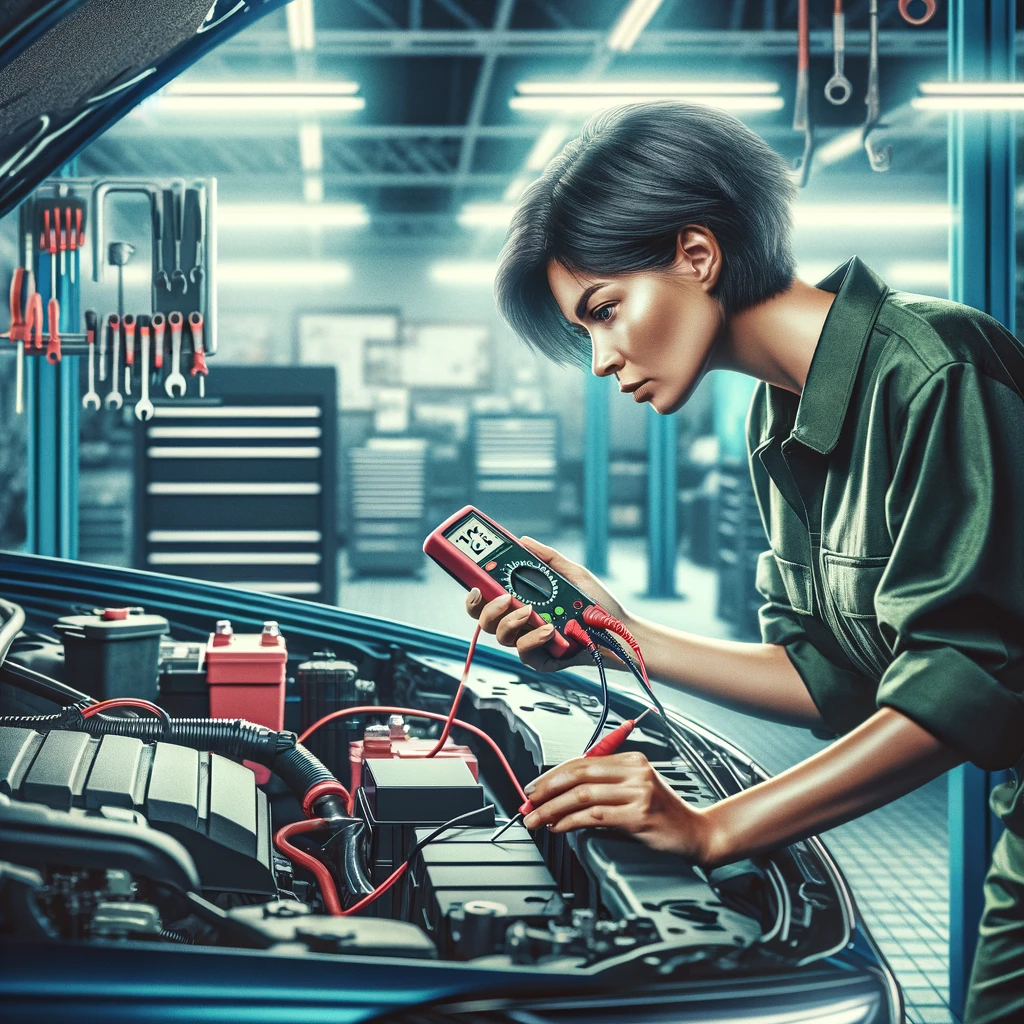
Add yearly battery checks to your list of car maintenance tasks. A car battery typically lasts between three to five years, so regular checks for signs of corrosion and wear are essential. A failing battery can leave you stranded unexpectedly. Regular battery maintenance ensures your vehicle can hold a charge and continues to start reliably.
5. Coolant Fluid Replacement
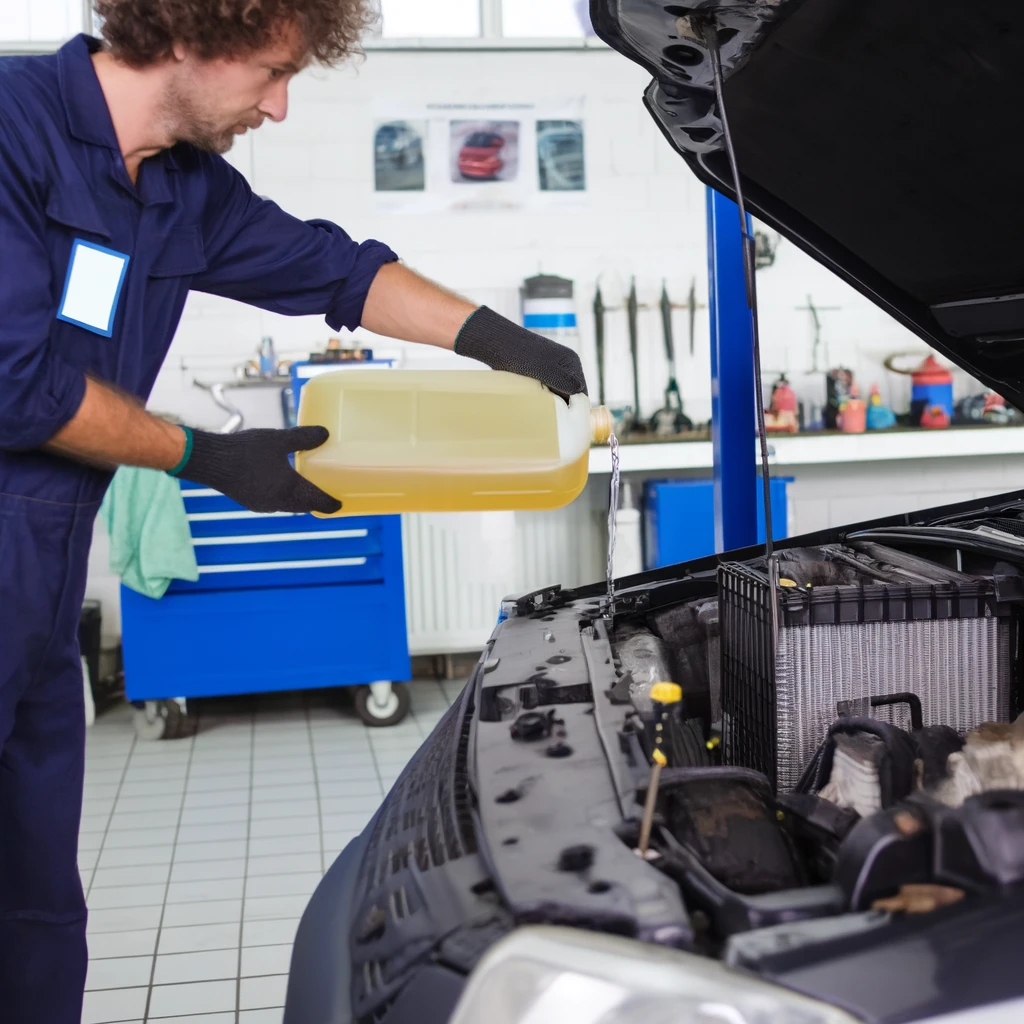
Coolant keeps your engine from overheating and protects it from corrosion. Over time, it loses its effectiveness and needs to be replaced. Skipping this car maintenance can severely damage the engine and lead to expensive repairs. Don’t skip this crucial task!
6. Transmission Fluid
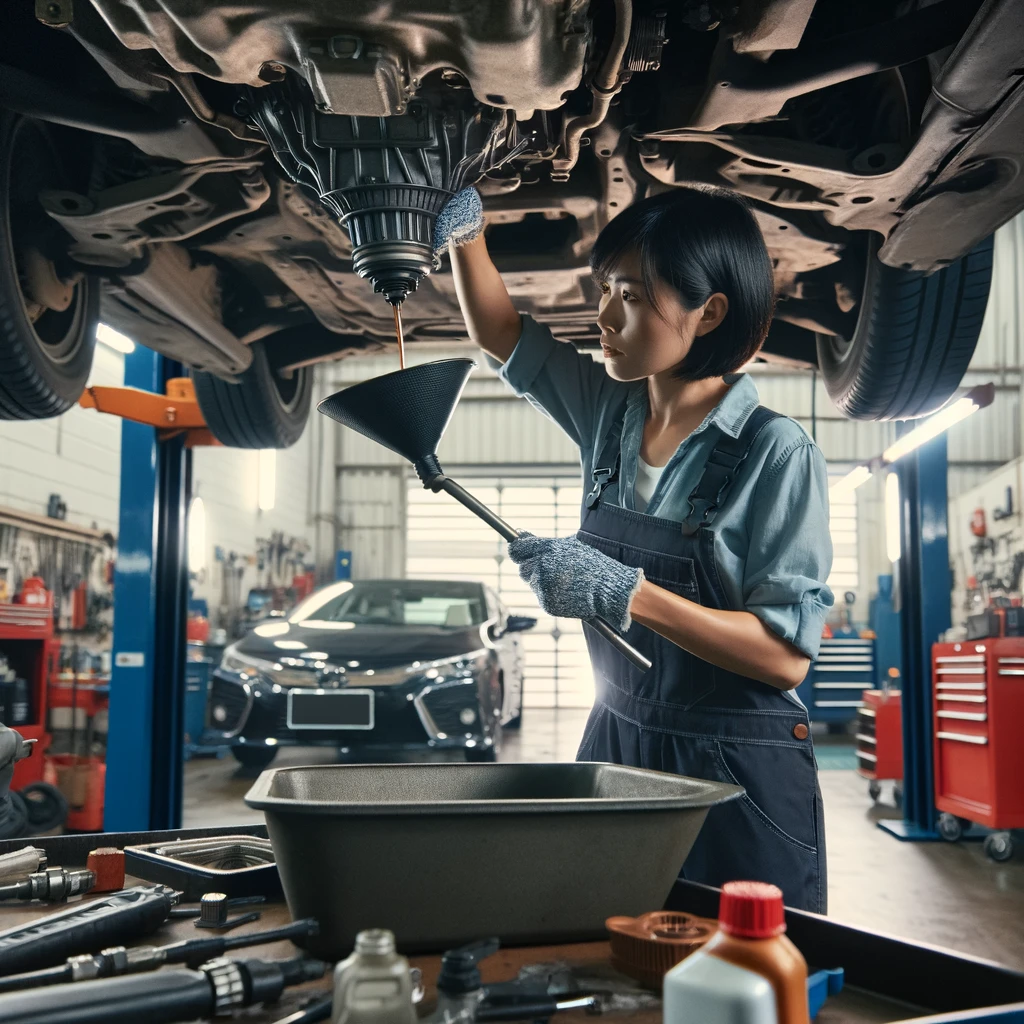
When you get an oil change, most mechanics also check your transmission fluid. This is vital since transmission fluid lubricates the parts of your car’s transmission that provide optimum performance and longevity. Dirty or low fluid can cause shifting issues and eventually lead to transmission failure, which is sometimes more expensive than the price of the car. Regular checks and fluid changes can prevent these issues.
7. Air Filter Replacement
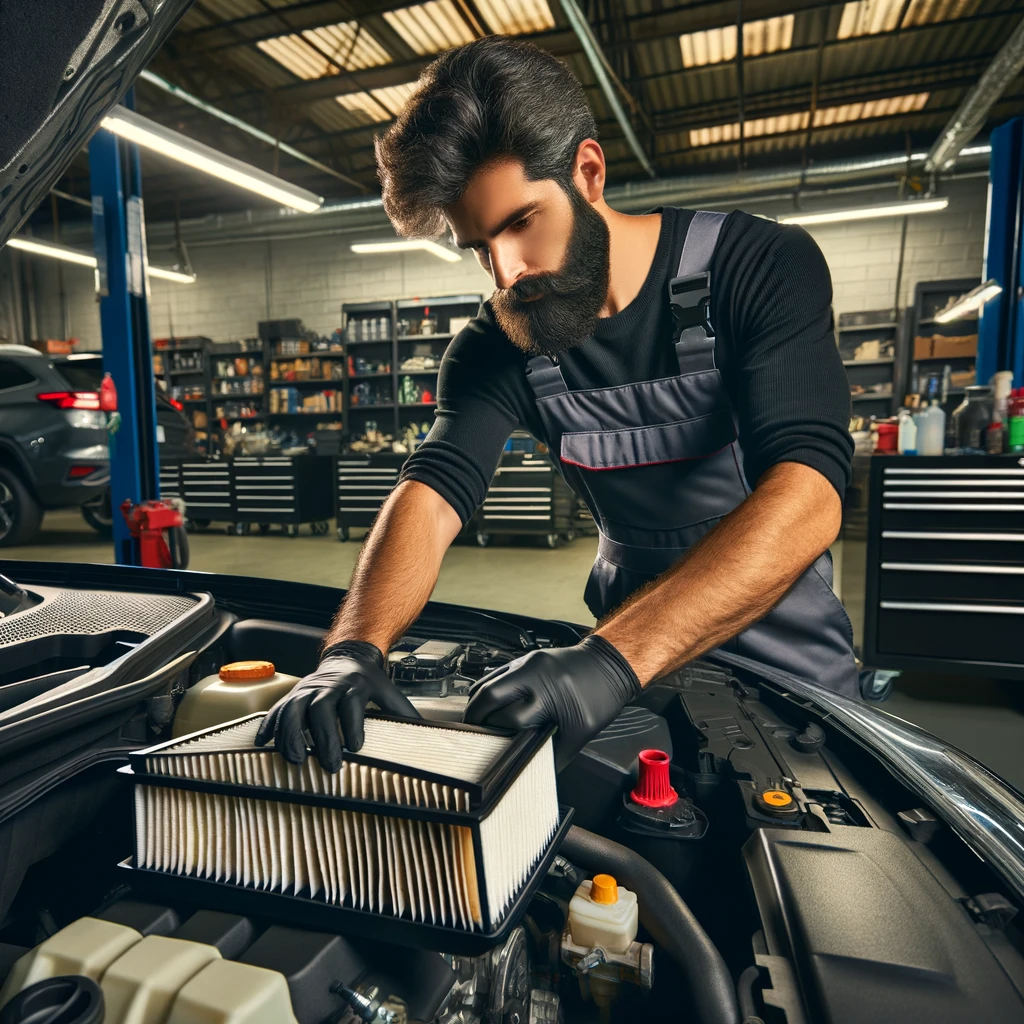
You probably don’t leave your house dirty! The same goes for your engine. Make sure you’re replacing the air filter any time it gets overly dirty. It will eventually reduce engine efficiency, increase fuel consumption, and may even lead to engine damage.
8. Spark Plug Replacement
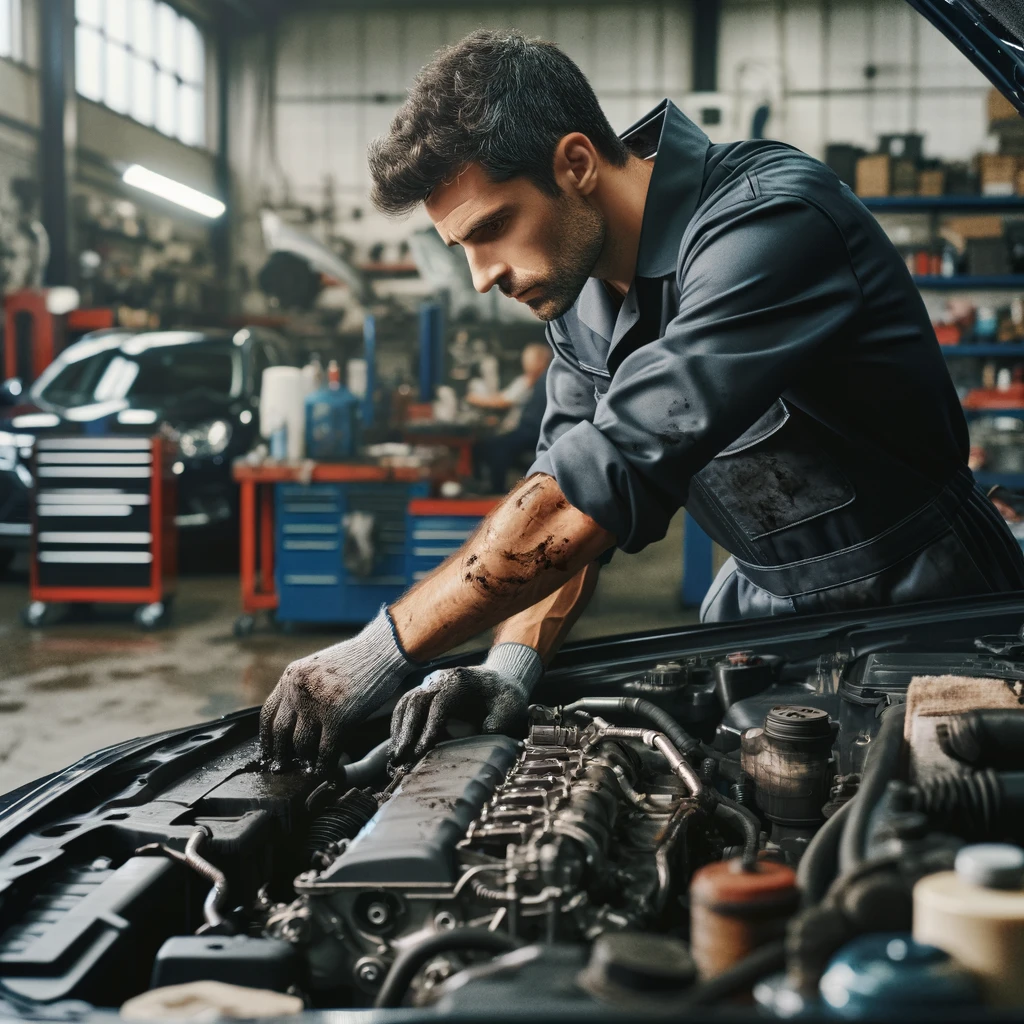
Spark plugs are responsible for igniting the air/fuel mixture in your engine’s cylinders. Worn spark plugs can cause misfiring, reduced fuel efficiency, and engine power. Regular checks and replacements keep the engine running efficiently and reliably. Ask your mechanic or a trusted expert about the condition of your spark plugs next time you’re doing car maintenance.
9. Power Steering Fluid
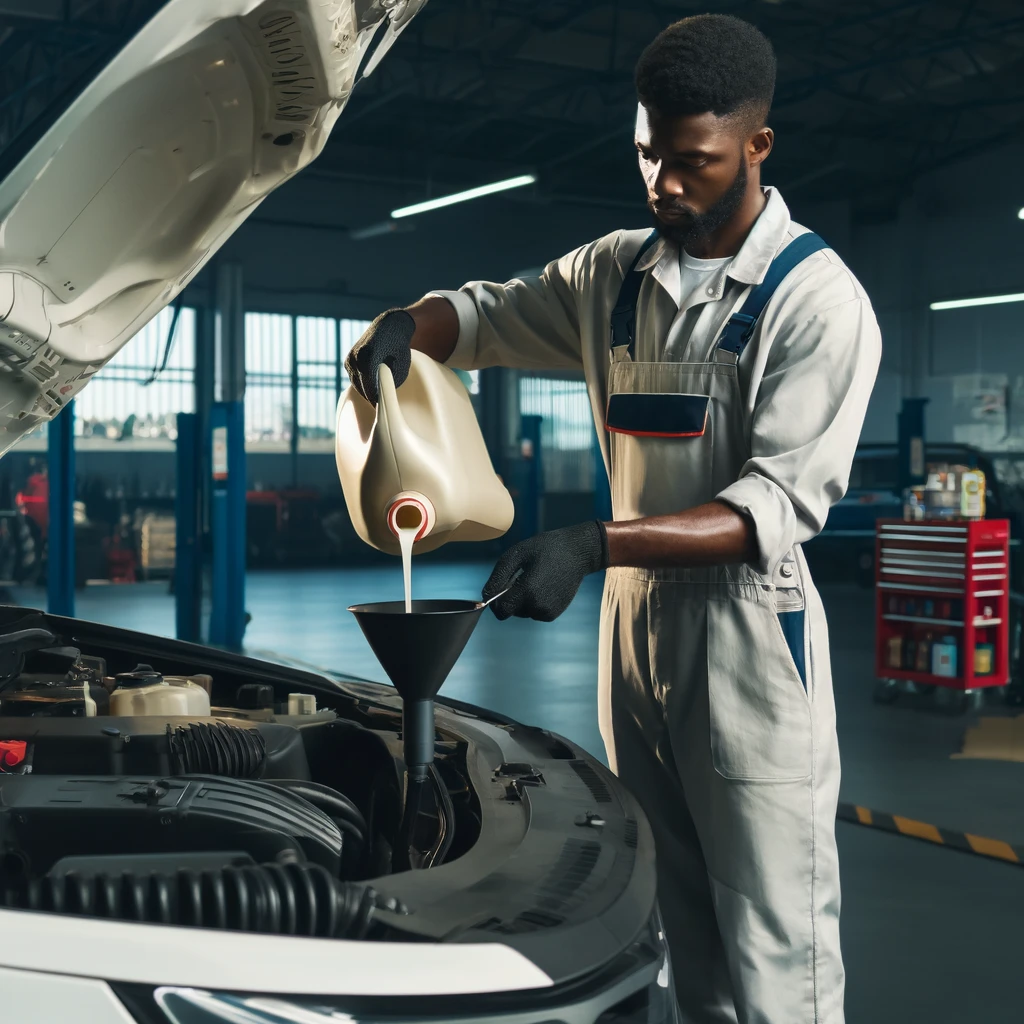
Do you want to keep your vehicle running smoothly and effortlessly? Checking your power steering fluid is a must. If you don’t, you may find your vehicle hard to steer and may also hear squeaking noises. Eventually, your steering system can even totally fail, which puts you at serious risk for accidents.
10. Belt Inspections

The belt is an extremely important part of a car’s engine. Belts drive multiple peripheral devices in your engine such as the alternator, water pump, and air conditioner compressor. Worn belts can snap, leading to a sudden loss of function and potential engine damage. Regular inspections can detect cracks or wear and ensure timely replacements to prevent roadside emergencies.
Basic Car Maintenance
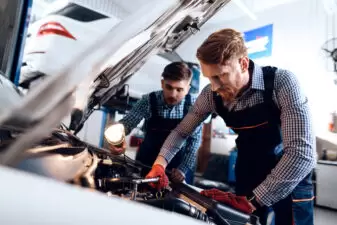
Driving a safe, reliable car is paramount. By understanding the most critical car maintenance areas, you can ensure your vehicle is good to go for miles and miles. Regular maintenance saves you money in the long run by preventing costly repairs. It also ensures your safety and the reliability of your vehicle on the road. It’s well worth your time and money!
Read More:
11 Status Symbols Hidden in Your Car Choices
12 Red Flags That Indicate Your Car Is a Lemon
How Much Does it Cost to Paint a Hood at Maaco?

Alyssa Serio has been a writer and editor since graduating from Aurora University in 2014. In her free time, she loves reading, playing volleyball, and watching any horror movie (even the bad ones) with her husband.

